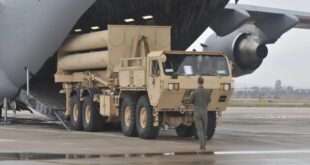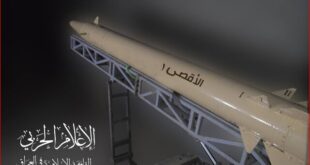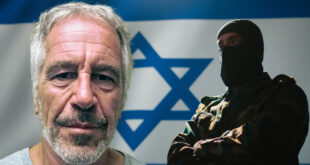“The Islamic Republic of Iran is not interested in spreading tensions, but it will give a crushing response to any unwise and aggressive move and we hope that all disorders and conflicts will be uprooted by the US withdrawal from the region,” General Baqeri said in a phone conversation with Turkish Defense Minister Hulusi Akar on Thursday.
He added that the US assassination of IRGC Quds Force Commander Lieutenant Qassem Soleimani and its attacks against Hashd al-Shaabi bases in Iraq and certain bases in Syria created a new round of tensions in the region, noting that Iran’s retaliatory missile strikes against the US bases in Iraq showed them Tehran’s determination to defend itself and give a more crushing response in case of continued mischiefs.
Akar, for his part, called for joint efforts to maintain regional stability and prevent the terrorists from using the opportunity of heightened tensions.
On January 8, the IRGC Aerospace Force started heavy ballistic missile attacks on US Ein Al-Assad airbase in Southwestern Iraq near the border with Syria and a US operated airbase in Erbil in retaliation for the US assassination of General Soleimani.
Ein Al-Assad is an airbase with a 4km runway at 188m altitude from sea levels, which is the main and the largest US airbase in Iraq. Early reports said the radar systems and missile defense shields in Ein Al-Assad failed to operate and intercept the Iranian missiles. Unofficial reports said the US army’s central radar systems at Ein Al-Assad had been jammed by electronic warfare.
The second IRGC reprisal attack targeted a US military base near Erbil airport in Iraqi Kurdistan Region in the second leg of “Martyr Soleimani” reprisal operation.
Iraq said the attacks had not taken any toll from its army men stationed at these two bases. The US army had blocked entrance into Ein Al-Assad to everyone, including the Iraqi army.
It was the first direct attack on the US army ever since world war two.
The IRGC officials said none of the missiles had been intercepted.
 WILAYAH NEWS VOICE OF THE GLOBAL AWAKENING
WILAYAH NEWS VOICE OF THE GLOBAL AWAKENING






